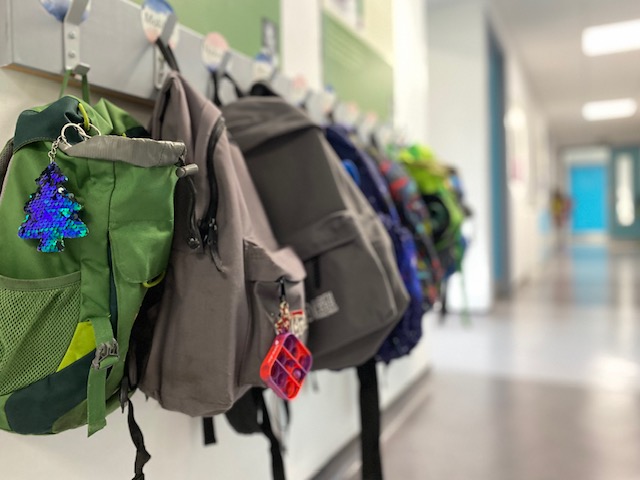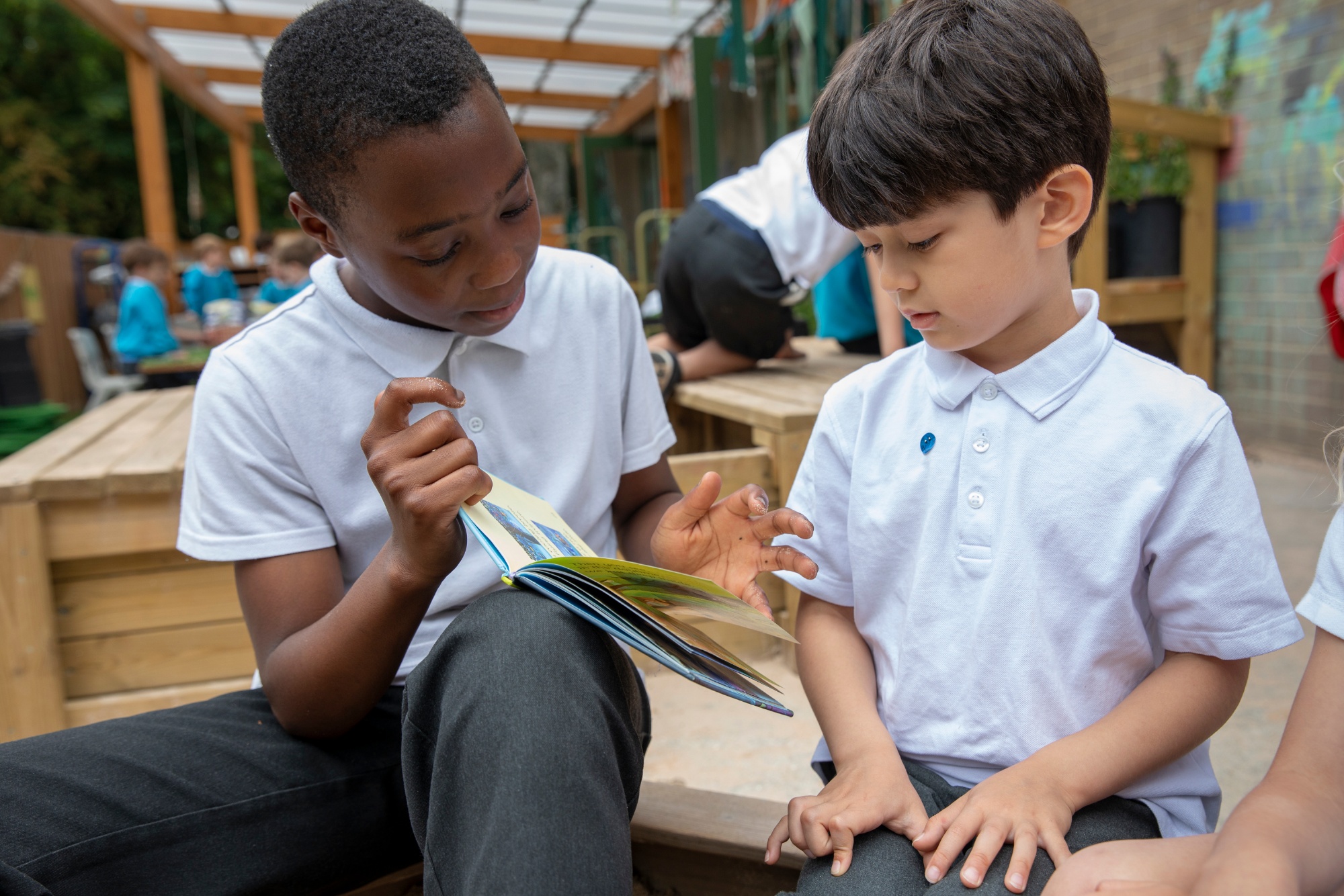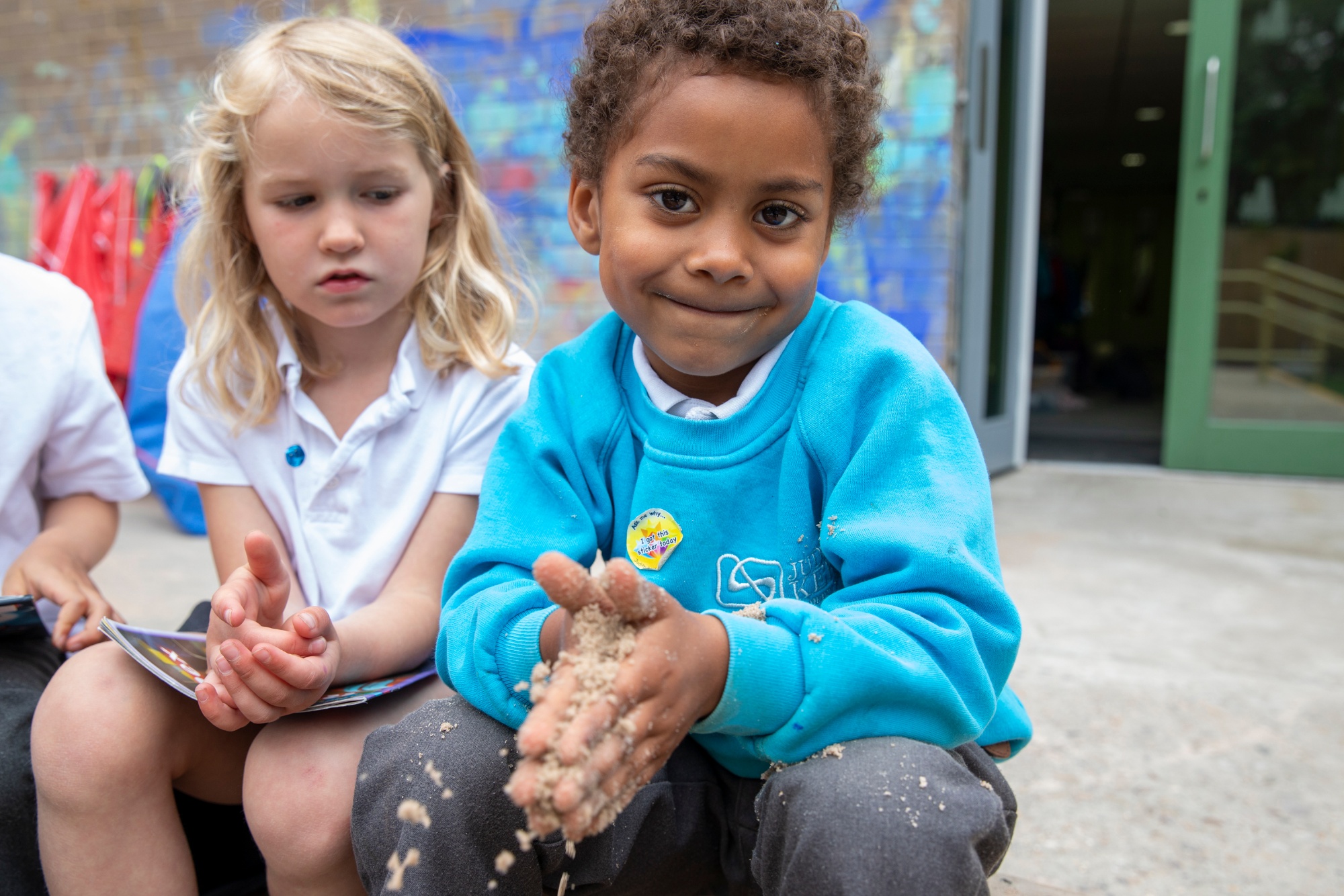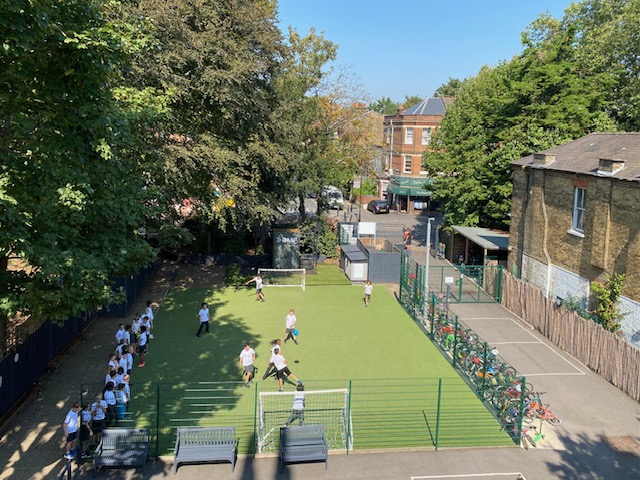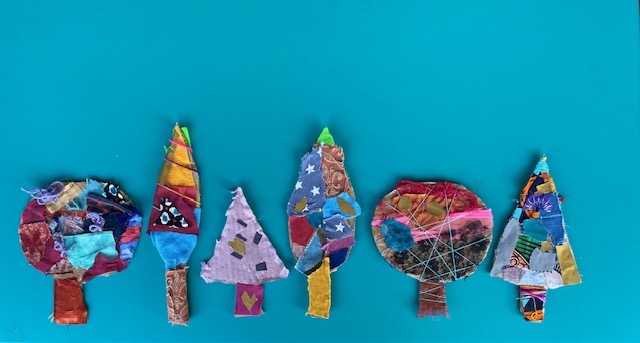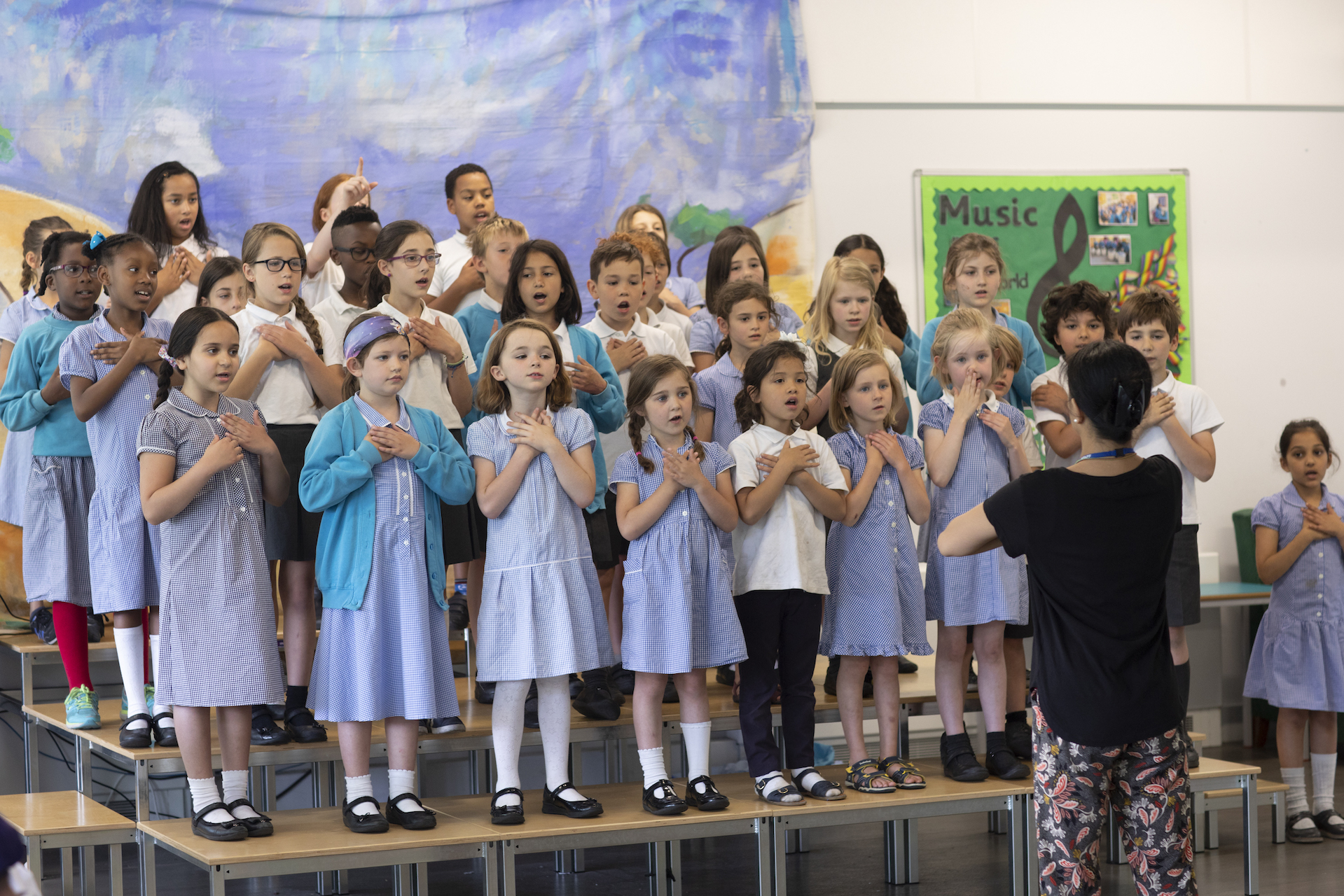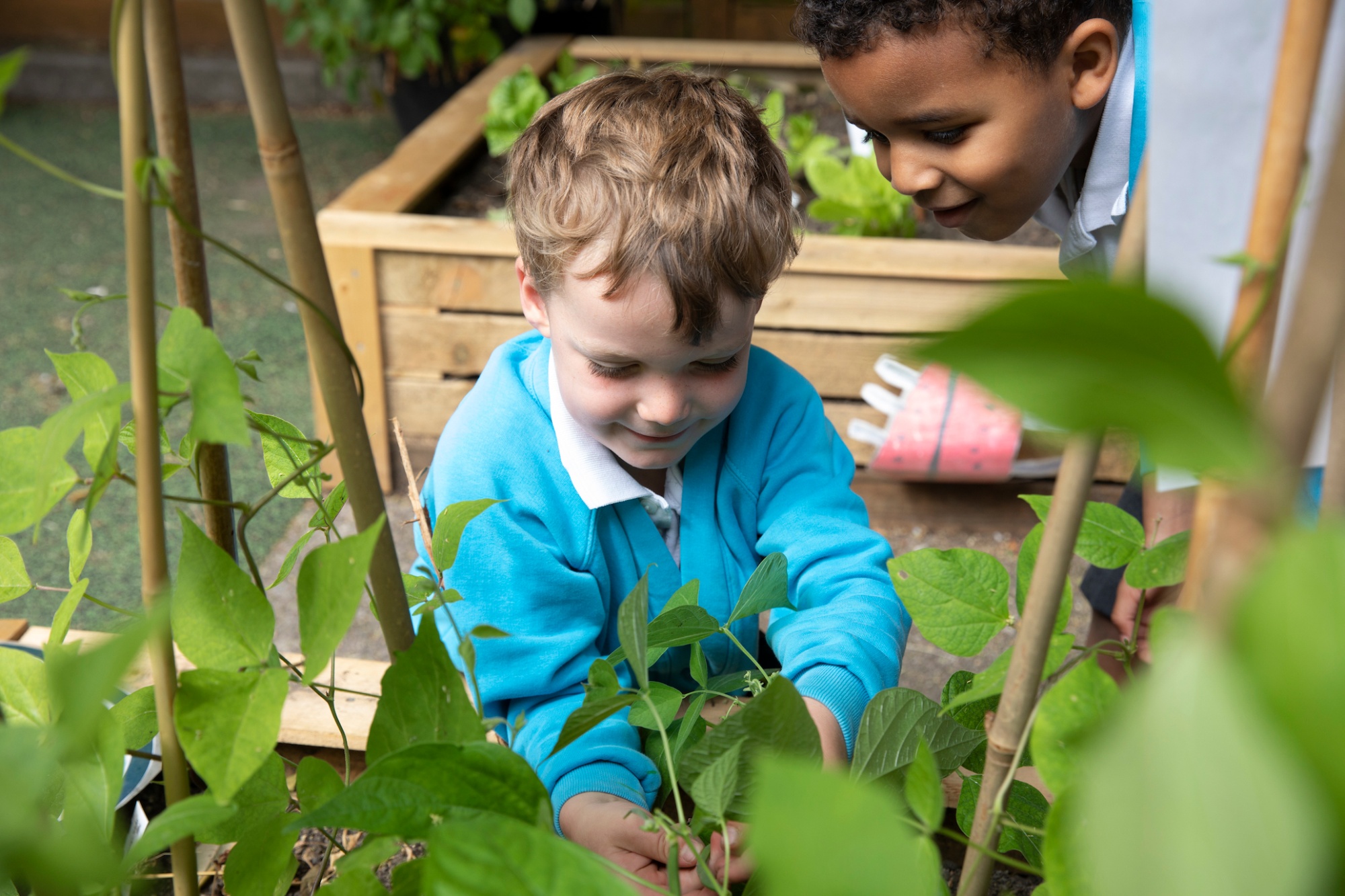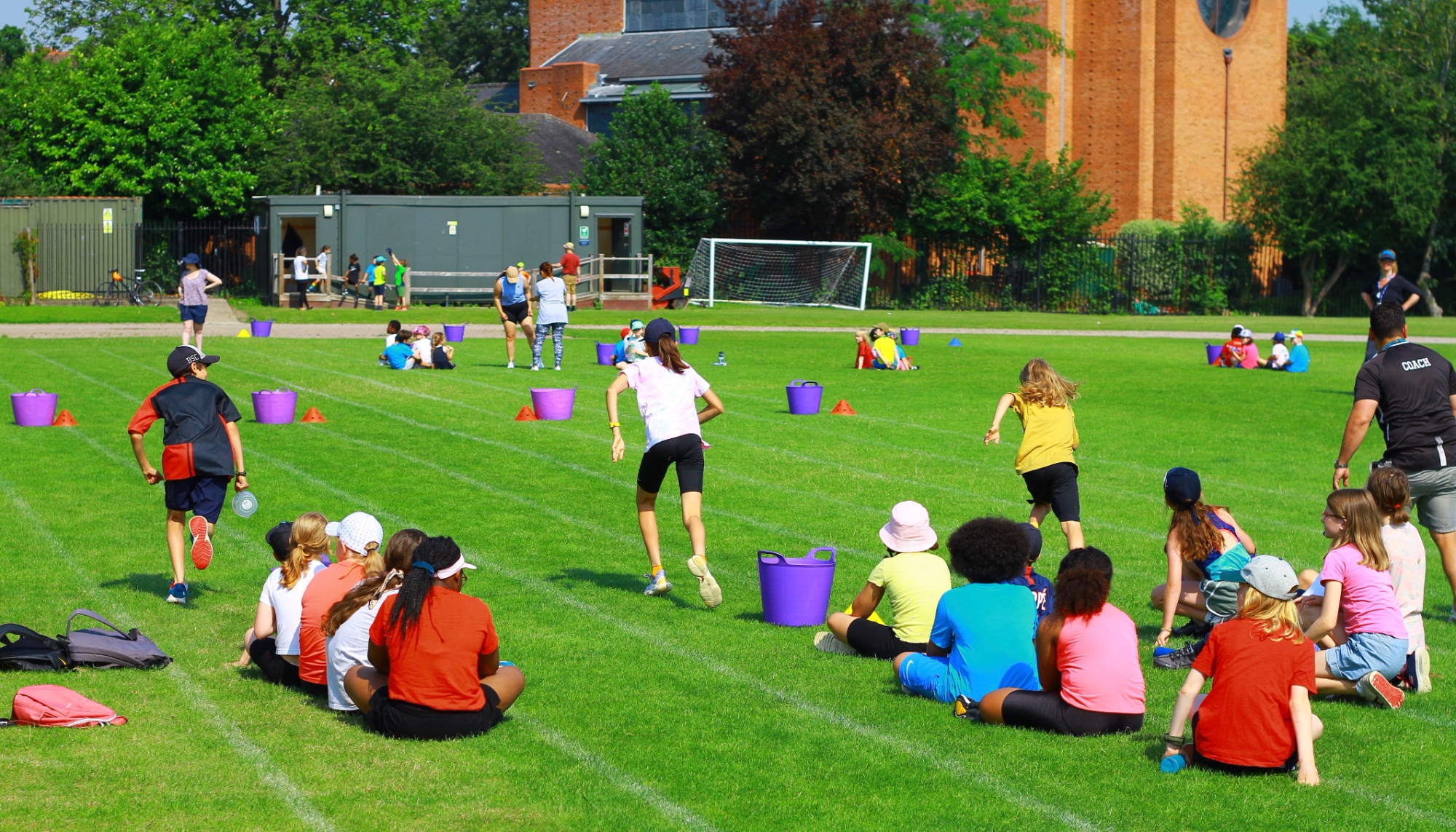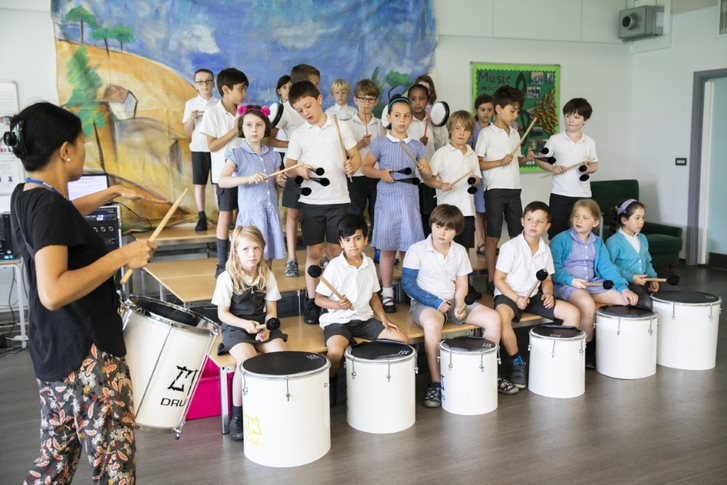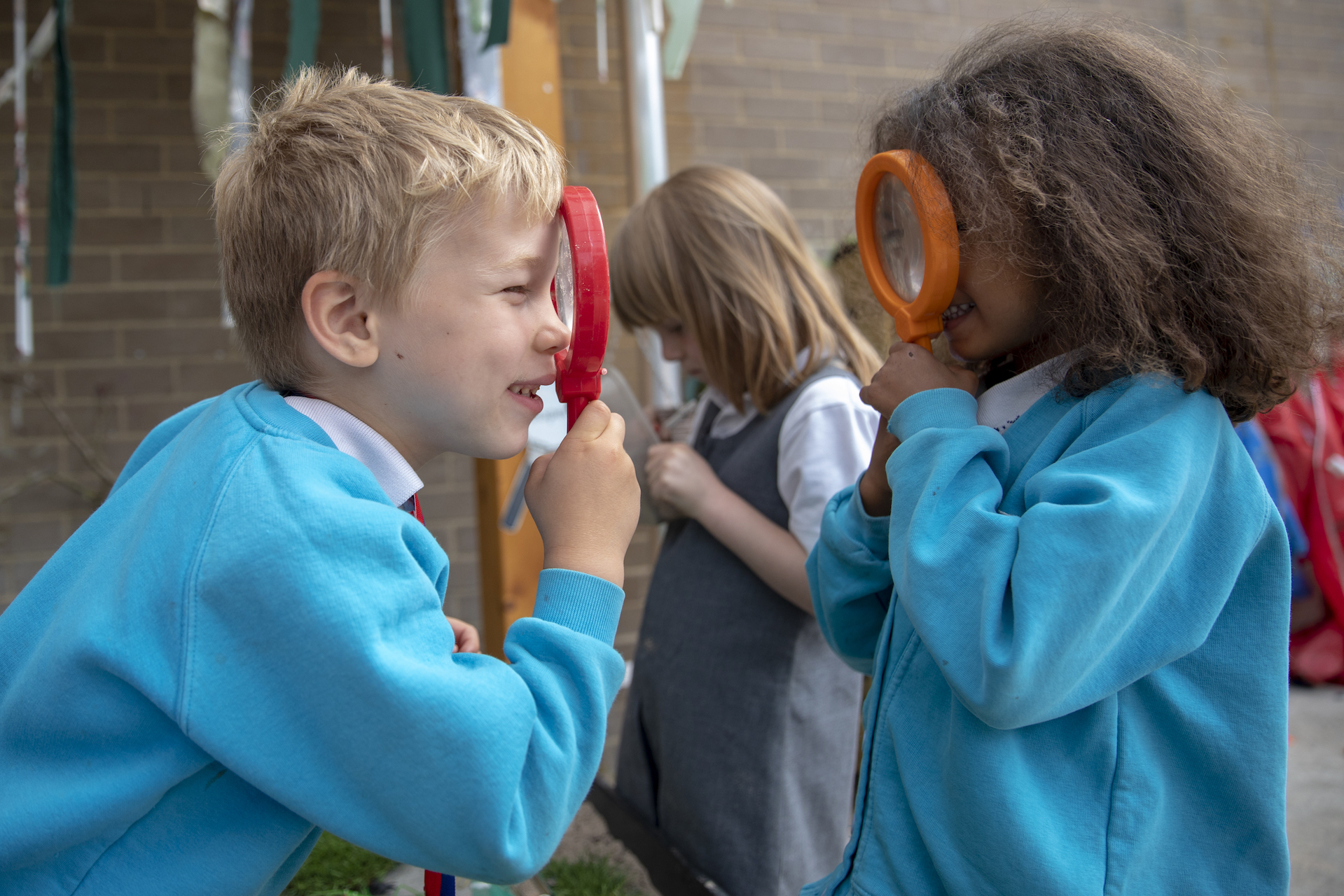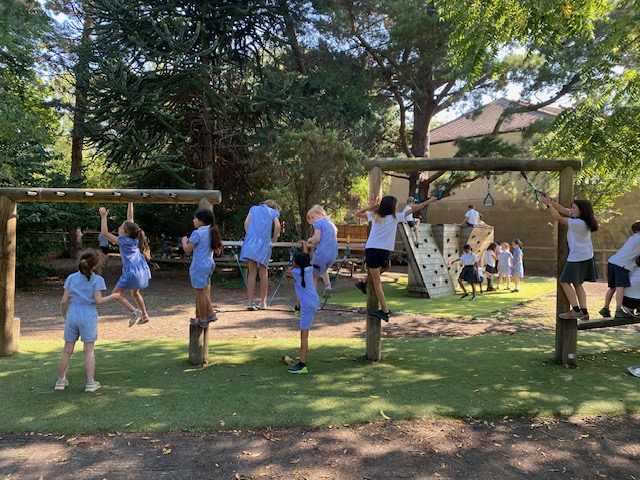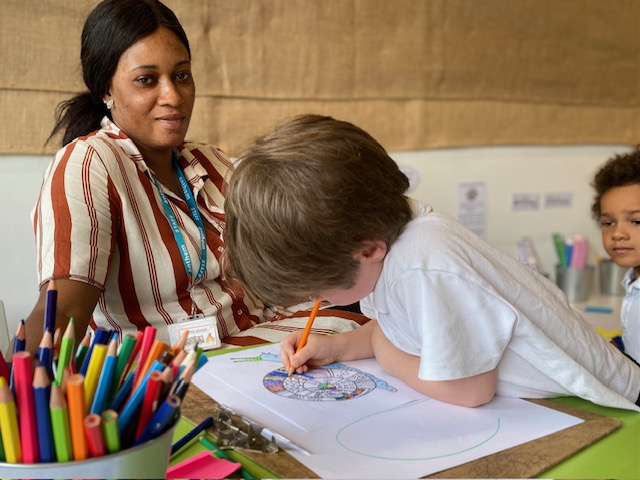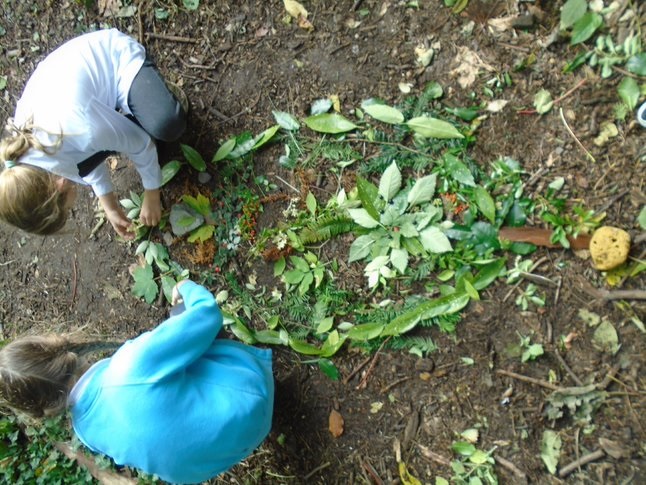German
At JKPS, we believe that bilingualism is for everyone, and we welcome children of all language abilities. We seek to deliver a broad and balanced curriculum in a multicultural environment whilst developing pupils’ proficiency in two languages.
From Reception through to Year 6, children learn through stories, songs and role-play, and receive discreet German language sessions to help them better understand language and develop their reading, speaking and writing skills. Each week, we aim to provide a minimum of 1.5 hours of language teaching and our German language lessons are streamed into two groups: those that can already speak German and those who are learning it as an additional language.
We have several members of staff who speak German and, throughout the year, we have regular German assemblies, we offer additional German after-school clubs and we celebrate key German cultural events. In our learning environments, we further embed German by making key vocabulary accessible in both languages.
In Year 6, we encourage and prepare all children to sit an examination at the Goethe Institute, giving them an internationally recognised qualification based on the European Framework For Languages. Find out more about the examination here.
JKPS German Curriculum Overview
National curriculum for Modern Foreign Languages
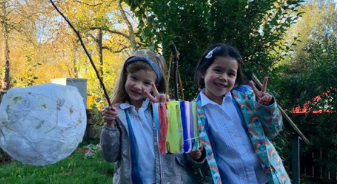
Why learn another language?
'If you talk to a man in a language he understands, that goes to his head. If you talk to him in his own language that goes to his heart.' (Nelson Mandela)
Did you know that learning languages can improve your mental health and relieve stress, as well as improving your brain power?!
Children learn languages easily and research has shown that it becomes significantly more difficult to pick up a language with age. Further scientific evidence has shown that children who learn another language from a young age have access to thinking habits that promote strong cognitive brain function, enabling them to keep their minds active as they process complex topics like maths, logic and music.
Starting early in their dual-language education, therefore, enables the benefits of bilingualism to stretch well into a young person’s adult life and their later-life outcomes. According to research, bilingualism helps embed great deep-thinking skills such as multitasking and prioritisation, comparable to the skills activated when solving puzzles or logic game. Knowledge of a language also gives a deeper insight into other cultures.
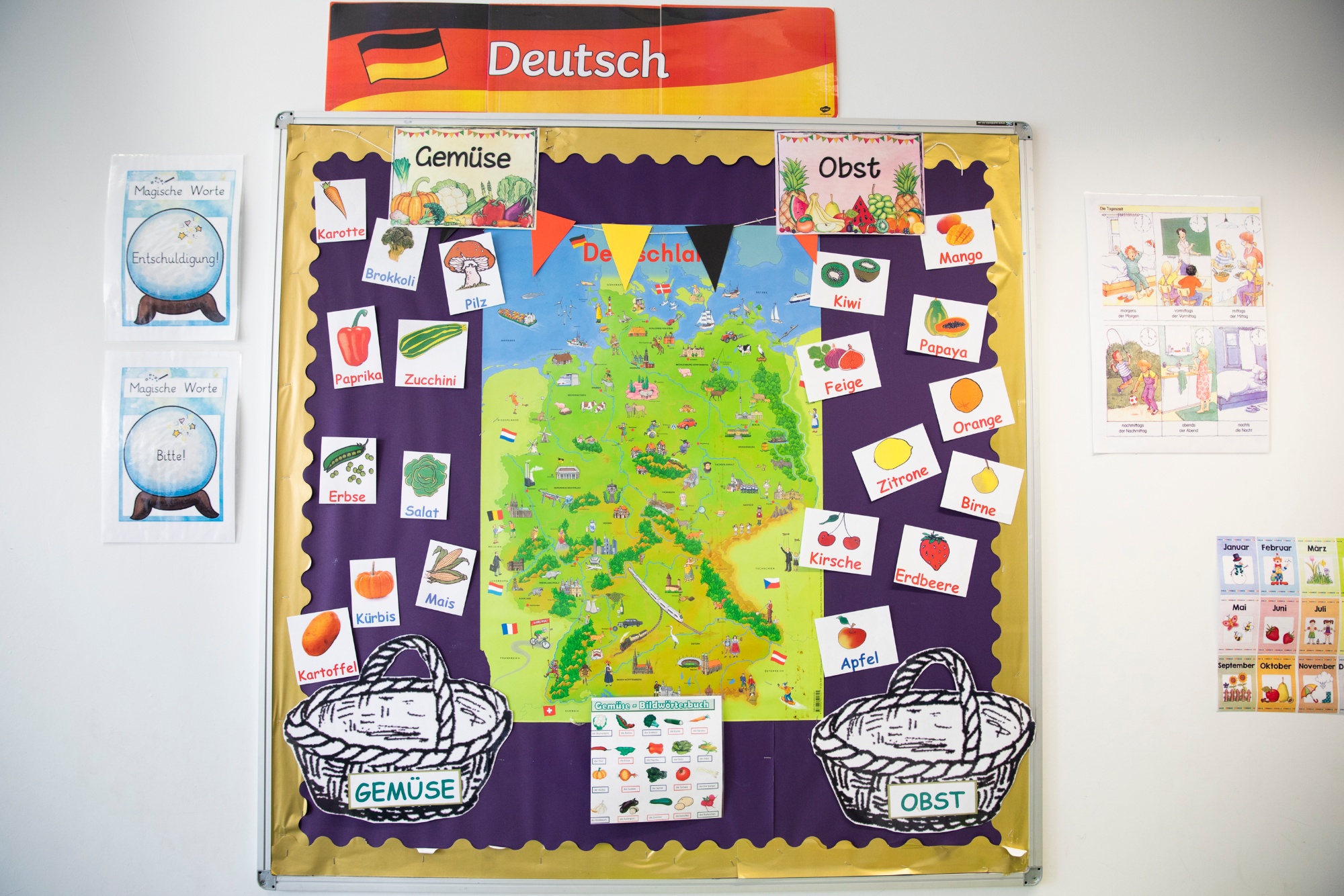
Further Reading and Useful Links
Languages Research
British Council - Languages for the Future report


